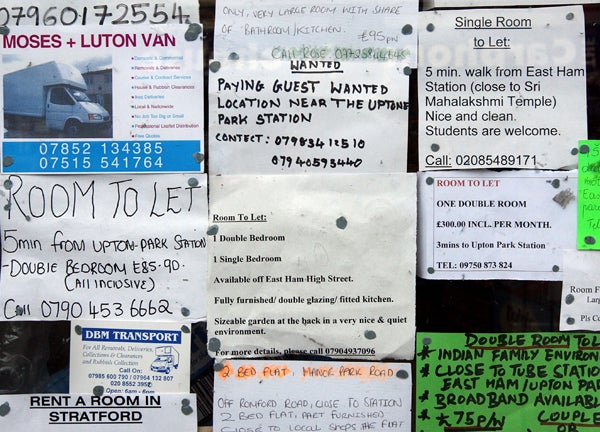The rise of the student landlord

If you believe the stereotypes, students and landlords aren't supposed to get along. Tenants who are lax about the washing up and prone to storing the odd traffic cone versus an owner who is not too concerned about decent bathroom and kitchen facilities doesn’t bode well for a solid friendship.
However, what happens when your landlord is actually a fellow student, or you’re letting a property to your university friends? For many student landlords, the arrangement is the ideal way to make an early start on the property ladder and put all that rent money to good use. After all, the typical student house holds five people, according to the Association of Residential Letting Agents, whereas the average is two among the young professionals market. Overall, this can mean the chance to pay proportionally more towards a larger mortgage, while policing your tenants and paying your own rent to a good cause at the same time.
Be warned, however: the market is not what it was, and students should be more careful than ever about where they buy. "Changes in the property market mean that buying in cheaper, northern parts of the country is no longer such a good deal," says letting agency Frank Hardy of the National Federation of Residential Landlords. "While low prices might seem attractive, the rental market is stagnating, meaning landlords are having a more difficult time letting. Down south, however, the market is still buoyant."
The prospect also changes based on your personal financial circumstances. "Most students who buy have parents to help them out, either for part or all of the cost," says Hardy, who advises that those fortunate enough to have family offering to front up the money should still consider what their parents might be expecting to gain in terms of profit. "If they're just happy to give you a start on the property ladder that's great," he explains "but if they're expecting to sell at a profit when you graduate then they should look more carefully at the arrangement."
Other students have found that their access to government funding and student loans in the first year has given them just enough to put down a deposit, although experts warn this could be a stretch; particularly in the current climate where the average house price is £200,000, meaning a deposit of £20,000 at the usual 10 per cent rate.
So what about the thorny issue of mixing friends and business by having fellow students as tenants? "Friends make for good first tenants as they are likely to be more sympathetic and patient when you let out a property," says landlord Jason Tanner, who let his first house as a student in 1990. "Having said that, you should still set clear ground rules and take a deposit in the usual way, right from the start. If you are not living at the same address then it's very important to prepare legal tenancy agreements for tenants, whether they are friends or not. There are also important safety laws about getting gas and electrics checked at properties and it's essential that you take out the correct insurance for a let property and are clear from the outset with the lender that you intend to let rooms out."
If you're willing to take on the responsibility, however, working as a landlord while studying can be a valuable way to build your career – even if the profits on property are not as attractive as they were – as employers look very favourably on evidence that graduates are self starters. So, if you've always wanted to own property, investing sooner rather than later could benefit you in more ways than one.
Chris Morris, 25, is a lettings negotiator at real estate agents Savills
Graduate Chris Morris let his first property as a fresher at the University of Glasgow. The 25-year-old went on to build a portfolio of nine properties, which he still manages, while working a day-job with Savills.
"I bought my first flat with some help from my Dad in my first year," says Chris. "It was part of a larger building, and when the basement flat became available in the first year I bought it and put an ad in a local newspaper for tenants."
Encouraged by the numerous responses from the ad, Chris went on to not only let the flat but also buy several others while he was at university. "I properly got the bug for it," he explains. "I was probably spending more time finding properties and looking after them than doing my degree!" On graduation, Chris went on to gain employment with Savills, which he sees as a sensible way to balance the risk of property investment with a steady income, but would recommend his route to any student with the means to invest.
"You get your own place and you can do what you like to it," he explains. "And when you graduate you'll usually have made a profit. It does mean more stress and more things to worry about, but I would say the advantages are well worth it."
Join our commenting forum
Join thought-provoking conversations, follow other Independent readers and see their replies
Comments
Bookmark popover
Removed from bookmarks